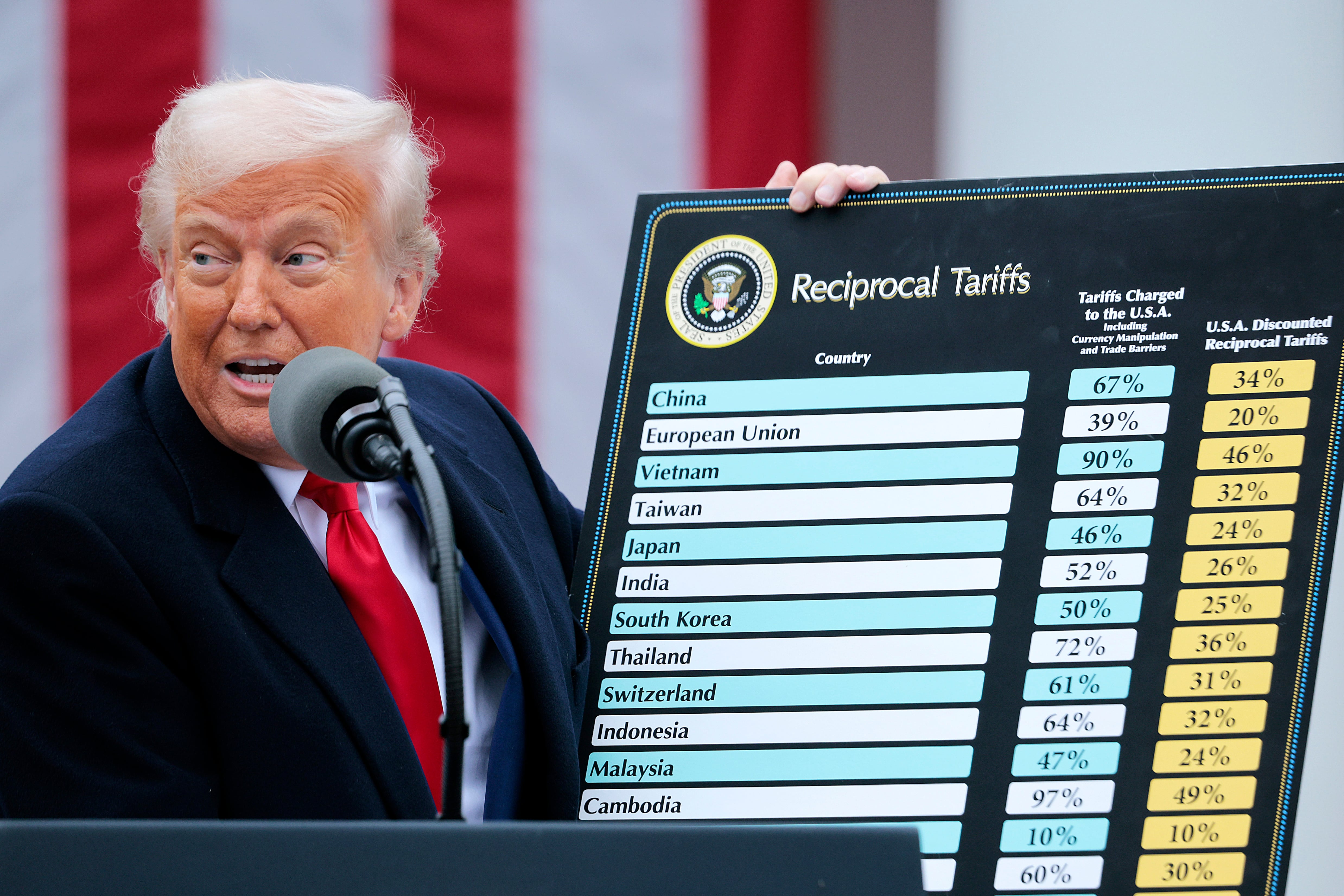More people heading online to do their holiday shopping can mean more targets for cybercriminals out for financial accounts.
Greg Foss, senior cybersecurity strategist at VMware Carbon Black, said the security industry is watching a "significant rise" in large-scale e-skimming attacks.
E-skimming refers to the practice of hackers targeting the retail sector by injecting JavaScript into website payment processing pages and then siphoning credit card and account information from unsuspecting customers.
"As many businesses have been forced to shift a lot of their operations online, so have these cybercriminal organizations," Foss told Cheddar Tuesday.
According to VMware Carbon Black, swiped credit cards sell on the dark web for $10-$20 on average. PayPal accounts sell for $2-$10 each, depending on how much money is in the account.
Foss said criminals traditionally look to take advantage of popular shopping days like Black Friday and Cyber Monday, and the pandemic has led to a rise in e-commerce.
"You've got to be careful there and just really be skeptical of things that you receive within your email, notifications you receive within your social media, and especially text messages," Foss said.
Foss said scammers are using texts "very significantly now" to steal information. The cybercriminals take advantage of the fact that when people open links on their phones, it's harder to verify their integrity.
"My main advice for people is just to be very skeptical," Foss said. "If something looks too good to be true, it probably is. And really try and avoid using any public Wi-Fi when you're doing any banking, or shopping, or anything of that nature."












